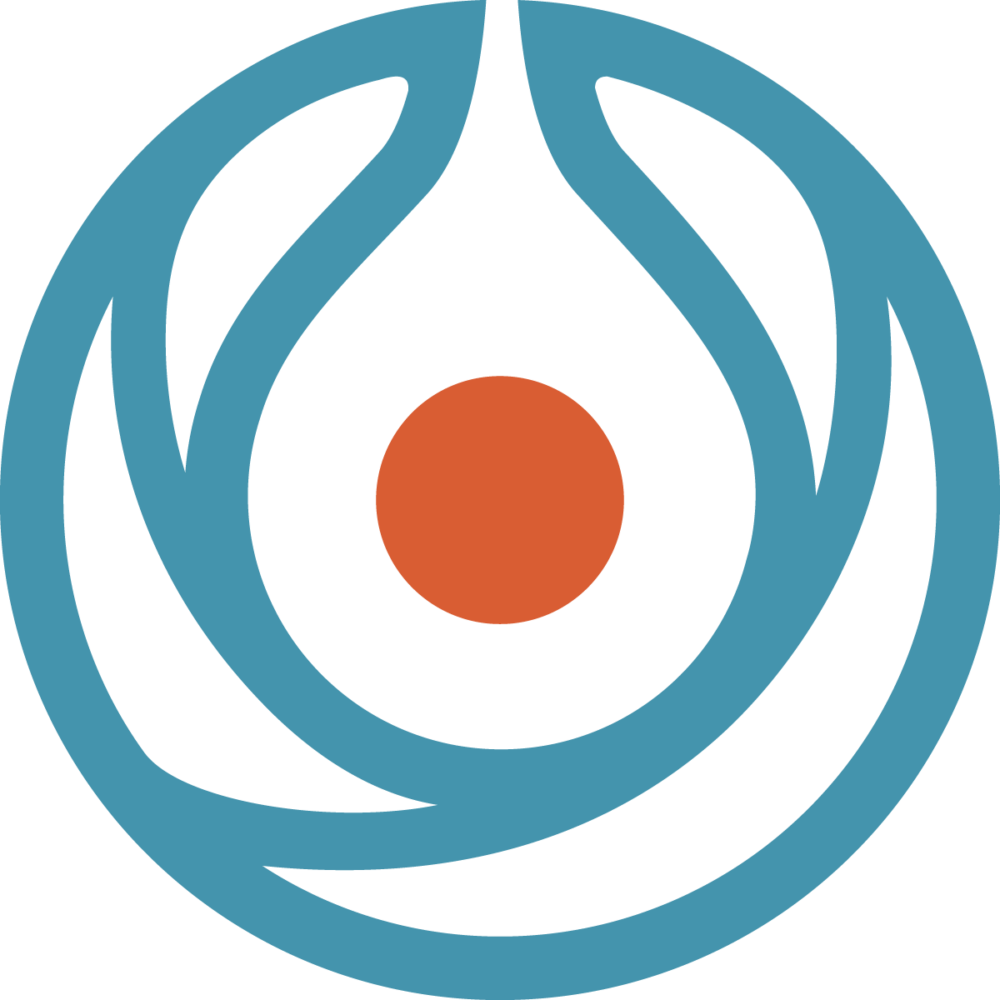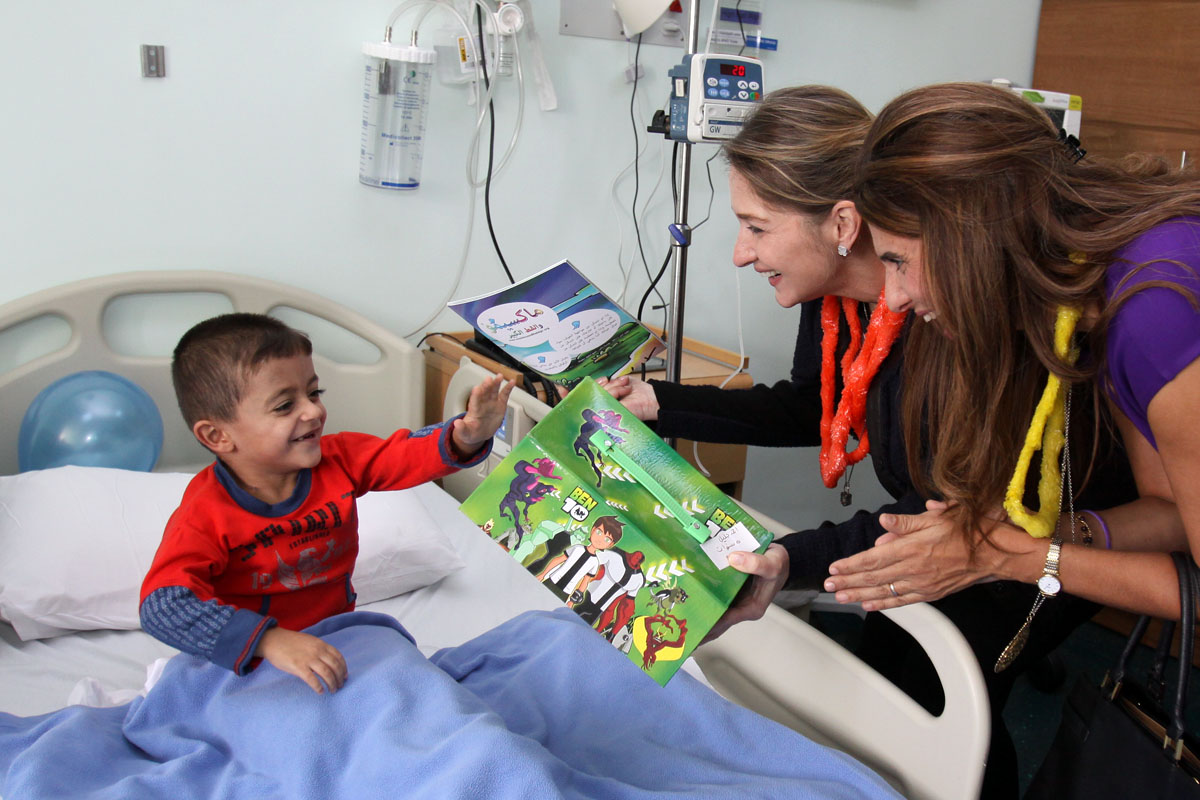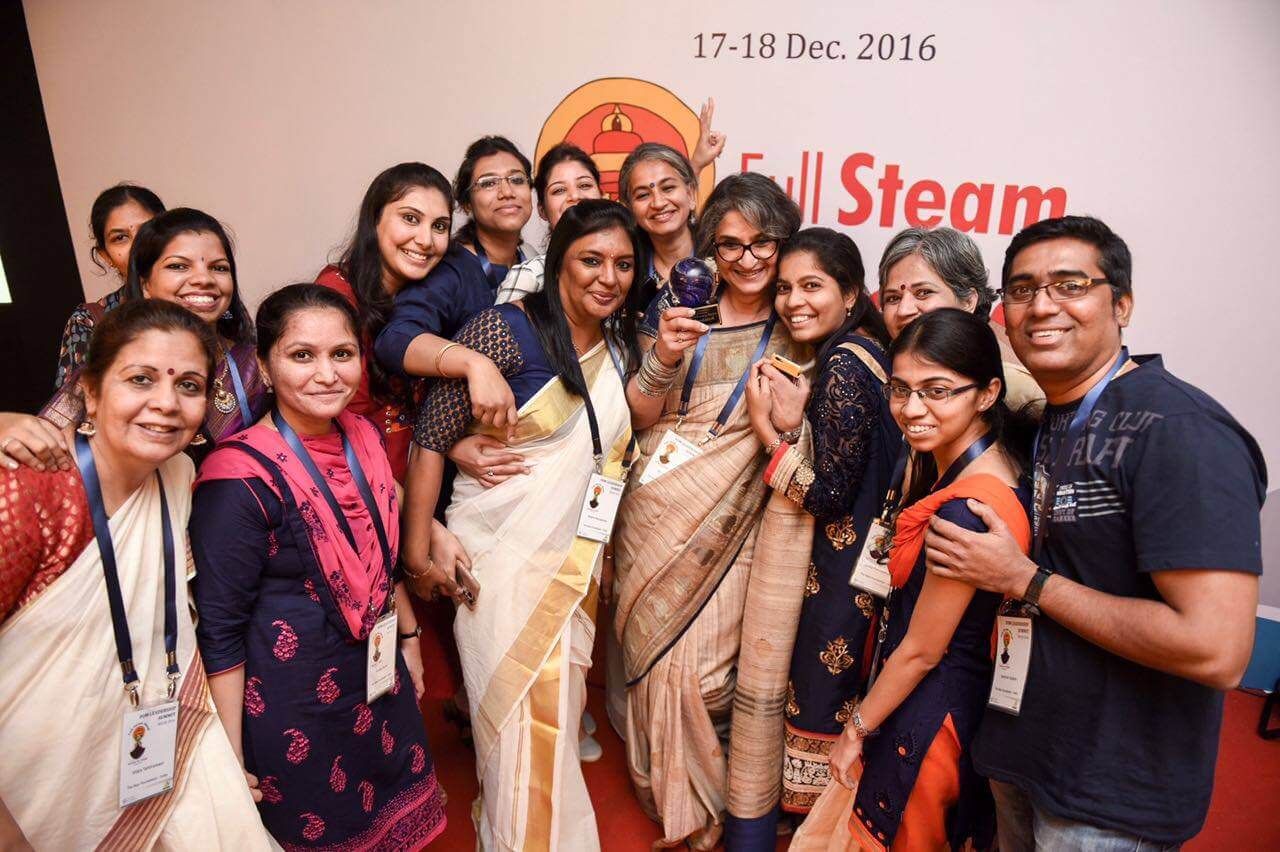A story of Hope from a Doctor’s Perspective.
My name is Dr. Temilola Owojuyigb; I work in the Hematology and Blood Transfusion Unit, Ile-Ife, Nigeria. I decided to specialize in Hematology because hematological diseases are not often diagnosed or diagnosed late in affected persons due to a scarcity of experts. Thus, patients either do not get treatment or get treated when many complications have occurred. I am a Consultant Hematologist at the Obafemi Awolowo University Teaching Hospitals Complex (OAUTHC), Ile-Ife. The hospital is in the Southwest of Nigeria. The pioneer Head of the Department of Hematology and Blood Transfusion, OAUTHC, Prof Durosinmi, was able to collaborate with the Max Foundation to make it possible for Nigerians to benefit from the initiative of providing free access to Glivec and other tyrosine kinase inhibitors (TKIs) for the treatment of CML, GIST and other diseases since 2003.
I started my journey in treating and monitoring these patients in 2006 when I began my residency training. Before the TKIs became available in the hospital, we saw about 3 to 5 new CML patients per year, but now we get referrals from all over Nigeria, and we see more than 100 new patients per year. The average age of onset of CML is lower in Nigerians (37 years) than in Europeans and Americans (58 years). The advent of the drugs has led to improved survival and quality of life with a better safety profile and fewer side effects compared to conventional chemotherapy. Most patients become anxious and fearful that their life is about to end and that they will not be able to work or enjoy life. However, due to the availability of the drugs, they have a happy story to tell. They can look back, be thankful, and look forward to the future with hope.
During the COVID-19 lockdown, it was difficult for patients to travel to access treatment; the department initiated a customer-friendly courier service to get the drugs across to the patients.
It has been an excellent experience for me to be an active participant in delivering prompt treatment to patients with the best and most effective drugs free of charge, seeing them survive cancer and live a good quality life. Most patients would not have been able to afford any of the TKIs without the support of the Max Foundation. I also feel good because the standard of care for CML, GIST, and other diseases treatable with TKIs in our hospital and, by extension, in Nigeria, is the same as what is available in the best hospitals in developed countries.
The most significant challenges in my work are 1. When the drugs are not released on time by the Customs or other government agencies or when exorbitant import duties or other payments are charged before the drugs can be removed, this means lifesaving; free drugs will not be available on time for the patients 2, When those traveling from other regions have accidents or other adversities on the way and 3, When patients cannot afford some essential laboratory investigations necessary for monitoring or to decide for a change of medication.
I think Industrial conditions should be favorable for such drugs to be manufactured within the country or to expedite clearance by waiving or reducing charges from government agencies. Making drugs accessible from other regions of Nigeria and Ile-Ife should be considered, as we were available for grants for BCR-ABL1 monitoring and mutation analysis for some patients who cannot afford the tests.
Prompt referrals by primary care physicians, decentralization, involvement of individuals, government, and non-governmental agencies in funding Healthcare and research in Nigeria. I appreciate The Max Foundation for being a bearer of hope and victory against cancer. Max’s memory continues to be a blessing through your work. Cancer has no nationality.




